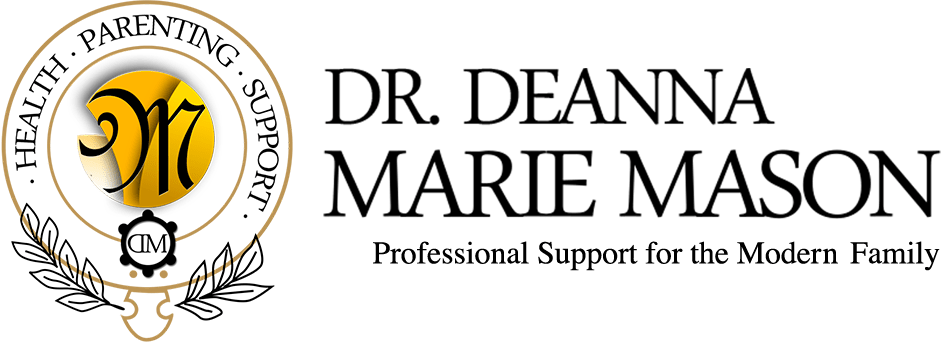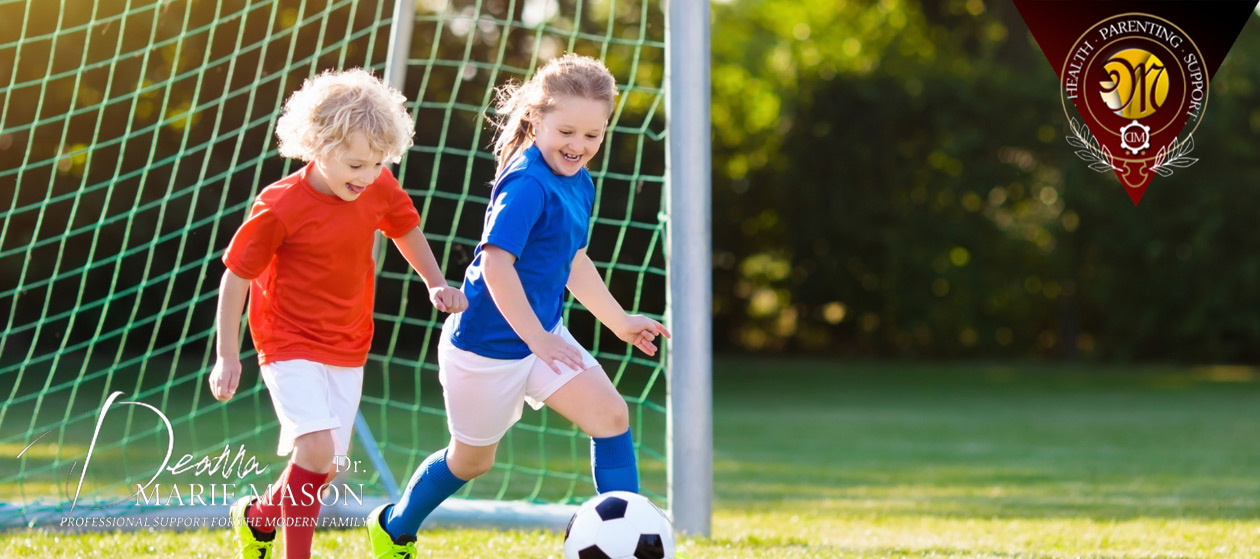Children are born with desires and preferences. From the first moments of life, we see our children exert their natural characteristics. This is the beauty of individuality. Yet, our little ones do not know what is good or bad for them. They have no life experience, they cannot anticipate the consequence of their actions, and they have no way of controlling their desires and impulses if we do not teach them how.
Discipline is simply the way in which we show our children how we want them to behave in order to be safe, well nourished, physically strong and healthy, and pleasant to be around. These life lessons will help them be successful in groups, school, and the community.
How should children be disciplined?
A few guiding principles are all you need to safely and effectively discipline your child:
- Set limits and stick to them. Children can only learn limits and boundaries if we, as parents, consistently enforce them. Children learn best, and most quickly, when we apply the same limits and behavior expectations at all times.
- Limits are not negotiable with the child. Parents know what is best because of life experience and the ability to anticipate consequences. Our children do not know what is best for them. Their desires are wants that can arise from many motivations. Children should not choose their limits.
- Teach rights and obligations. Everyone is born with both rights and obligations. When we live in community, such as a family, each member has rights and obligations to meet so that everything runs smoothly. Children can learn from a young age about their rights and obligations.
- Keep discipline as discipline. Discipline is not a discussion between a parent and child to come to a mutually agreed upon decision. Discipline is a parental activity to help redirect a child into a more positive behavior. We must maintain our authority in order for discipline to work or we fall into negotiating with our children (see #2 above).
- Educate: Follow discipline with discussion. Discipline is the first step to clarify that what our child has done is not in line with our values, morals, or behavior expectations as a family. Usually a punishment is given to put weight and importance to the issue. After the discipline is finished, a discussion is helpful to educate our children how to problem solve or make better choices in the future.
What should never be used as discipline?
There are activities that parents should avoid using as discipline because they may permanently hurt a child physically, emotionally, or psychologically.
- Physical discipline – Research has shown that physical discipline does not teach children to behave better. Physical discipline may be effective in the short term but is not as successful in the long term. It may discourage certain behaviors through fear, but it does not communicate how to problem solve or make better decisions.
• Shaming – Shaming is when a parent attacks the child for who they are rather than correcting a bad behavior. An example of shaming could be, “You are such a worthless, stupid kid for spilling your milk again.” The words focus more on the child than the behavior. Discipline that is focused on behavior and not shaming could be, “I asked you not to play at the table. You didn’t listen and spilled your milk”. The words focus on an expectation that was not met rather than on the child.
• Hyper-discipline – Hovering over a child constantly to avoid any independent choice of behavior can limit a child’s ability to learn self-control and decision making. Children are supposed to make errors in judgment in order to learn limits. Hyper-discipline halts this natural process by taking away the child’s ability to direct his or her own behavior.
Discipline is a parenting task that can be easily managed with these 5 simple principles. Being clear, consistent, and fair in applying discipline will help set up family norms so that discipline becomes easier. As children learn what is expected of them and learn to control their behavior to meet parental expectations, they become more confident and secure.
Knowledge is power
- What new information did you learn from this posting?
- Did it help you identify something in your family you would like to change?
Share your experience below and what steps you plan on taking to guide your family.
About the instructor
Proactive Parenting
Deanna Marie Mason PhD
More than 20 years of clinical experience helping families:
Bachelor's Degree in Registered Nursing, Master’s Degree in Pediatric Nurse Practitioner and PhD in Nursing. University professor, patient education specialist, pediatric researcher, published author and reviewer to first-line international scientific journals, continuous philanthropic activity related to health promotion and education, wife and mother of two children.






